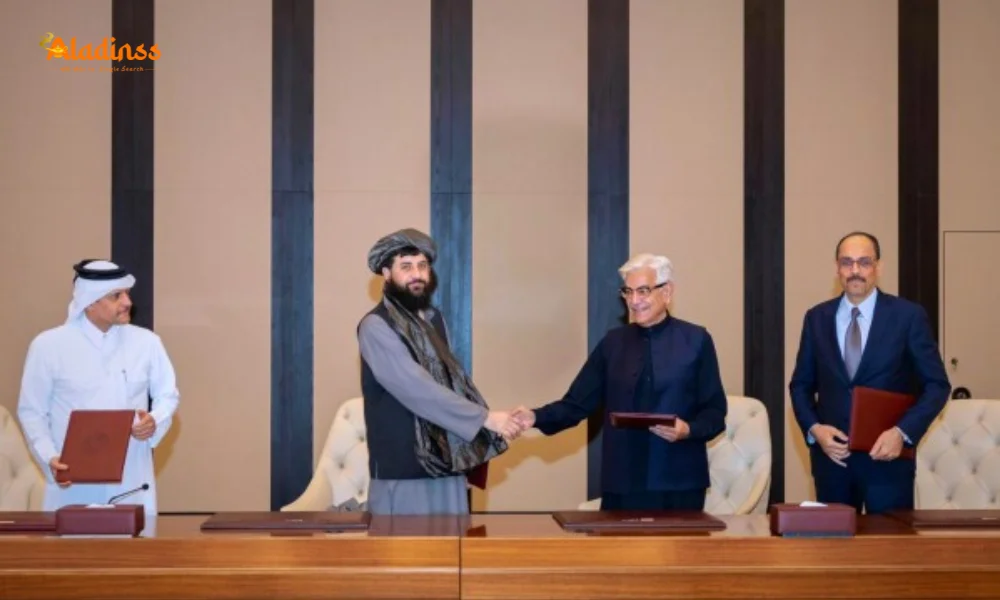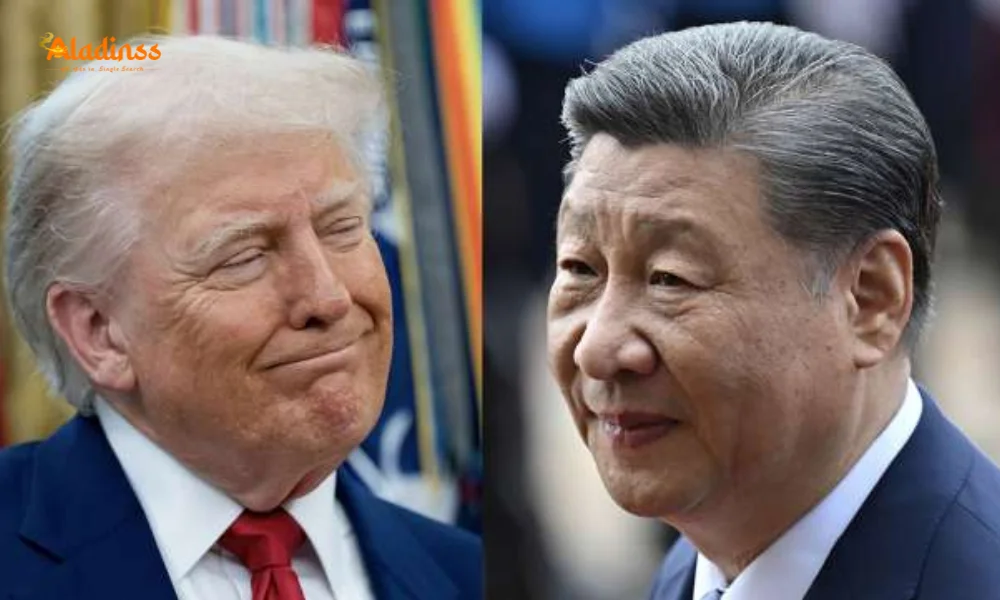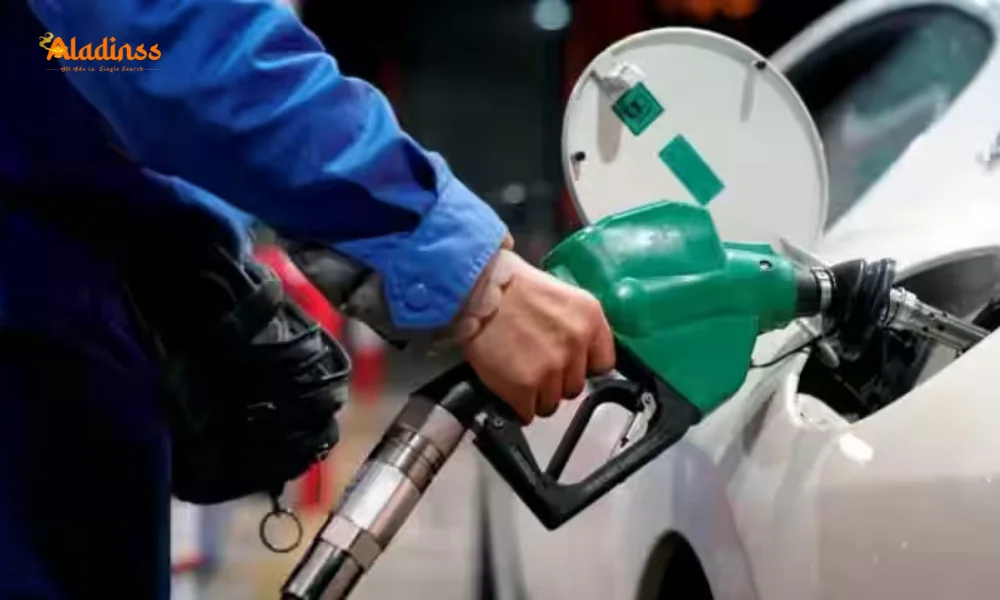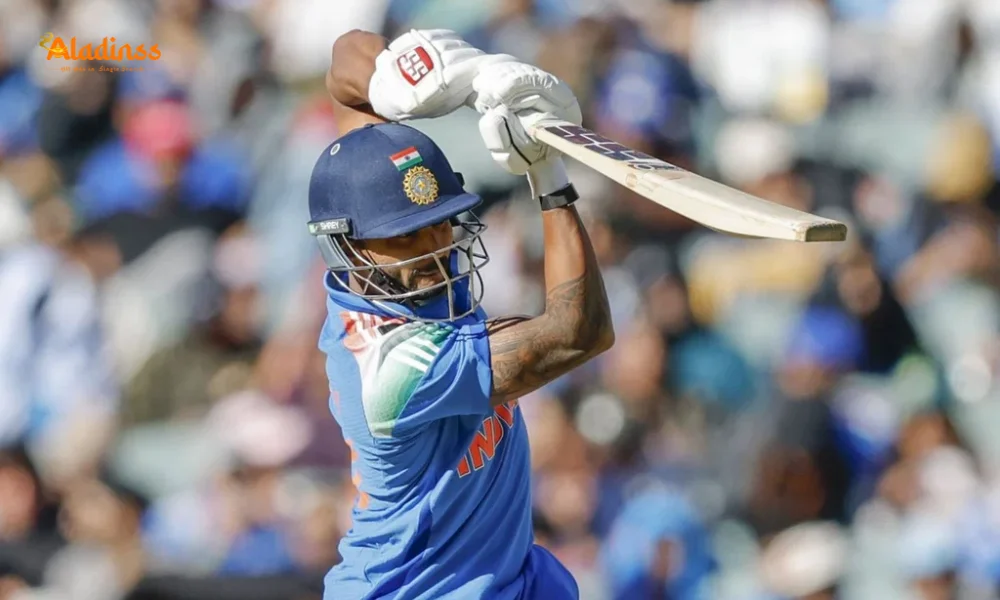Zelenskyy Backs Trump’s Tariff on India for Russian Oil
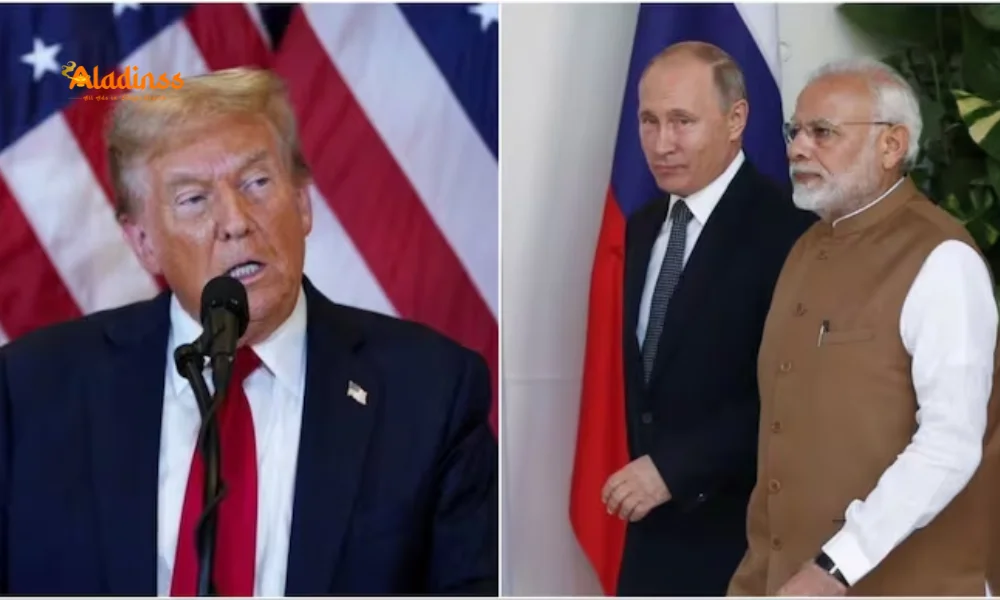
Zelenskyy Backs Trump’s Tariff on India Over Russian Oil Purchases
Ukrainian President Volodymyr Zelenskyy has endorsed US President Donald Trump’s decision to impose tariffs on India for its continued purchase of Russian oil, calling it the "right idea" during an interview with ABC News on September 8, 2025. The statement comes in the wake of Russia’s largest aerial assault on Ukraine, which targeted Kyiv with over 800 drones and 13 missiles, causing significant damage and loss of life. Zelenskyy’s support for the tariffs aligns with his broader call for stringent sanctions and trade restrictions against Russia to weaken its war efforts. This article delves into the context of Zelenskyy’s remarks, the implications of Trump’s tariffs, and the ongoing Russia-Ukraine conflict.
Zelenskyy’s Endorsement of Tariffs
During the ABC News interview, Zelenskyy was asked about the recent meeting of Indian Prime Minister Narendra Modi, Chinese President Xi Jinping, and Russian President Vladimir Putin at the Shanghai Cooperation Organisation summit in China. The interviewer also questioned whether Trump’s plan to impose tariffs on India for buying Russian oil could backfire. Zelenskyy responded, "It is the right idea to put tariffs on countries that continue to make deals with Russia." He emphasized that such measures, including sanctions and trade restrictions, are essential to ensure Russia faces tangible consequences for its actions in Ukraine.
Zelenskyy’s remarks reflect his frustration with countries that continue to engage economically with Russia, which he believes indirectly fuels the ongoing war. In a series of posts on X on September 7, 2025, he reiterated the need for "strong actions" such as sanctions against Russia and its affiliates, stating, "That is why statements by state leaders and institutions must be backed by strong actions—sanctions against Russia and individuals connected with Russia, tough tariffs, and other restrictions on trade with Russia. Their losses must be felt. That is what is truly convincing." His comments underscore the urgency of international pressure to curb Russia’s financial resources amid escalating attacks.
Russia’s Largest Aerial Assault on Ukraine
The backdrop to Zelenskyy’s statements was Russia’s massive aerial assault on Ukraine on the night of September 6, 2025, described as the largest of the ongoing war. The attack involved over 800 drones and 13 missiles, including four ballistic ones, targeting Kyiv and other regions. For the first time, the Cabinet of Ministers building in Kyiv was directly hit, with flames erupting on its upper floors. The assault resulted in at least two deaths, including an infant, when drones struck residential buildings in the capital. Kyiv remained under air-raid sirens for 11 consecutive hours, highlighting the severity of the attack.
Zelenskyy noted that emergency crews worked tirelessly to manage the aftermath, with preliminary reports indicating that several drones had entered Ukrainian airspace from Belarus. The scale of the attack, which Zelenskyy described as a test of global resolve, prompted his renewed call for sanctions and tariffs. He stated on X, "Clearly, Russia is trying to inflict pain on Ukraine with even more brazen attacks. This is a clear sign that Putin is testing the world—whether they will accept or tolerate this." The assault has intensified international focus on the Russia-Ukraine conflict, with Zelenskyy urging partners to respond decisively.
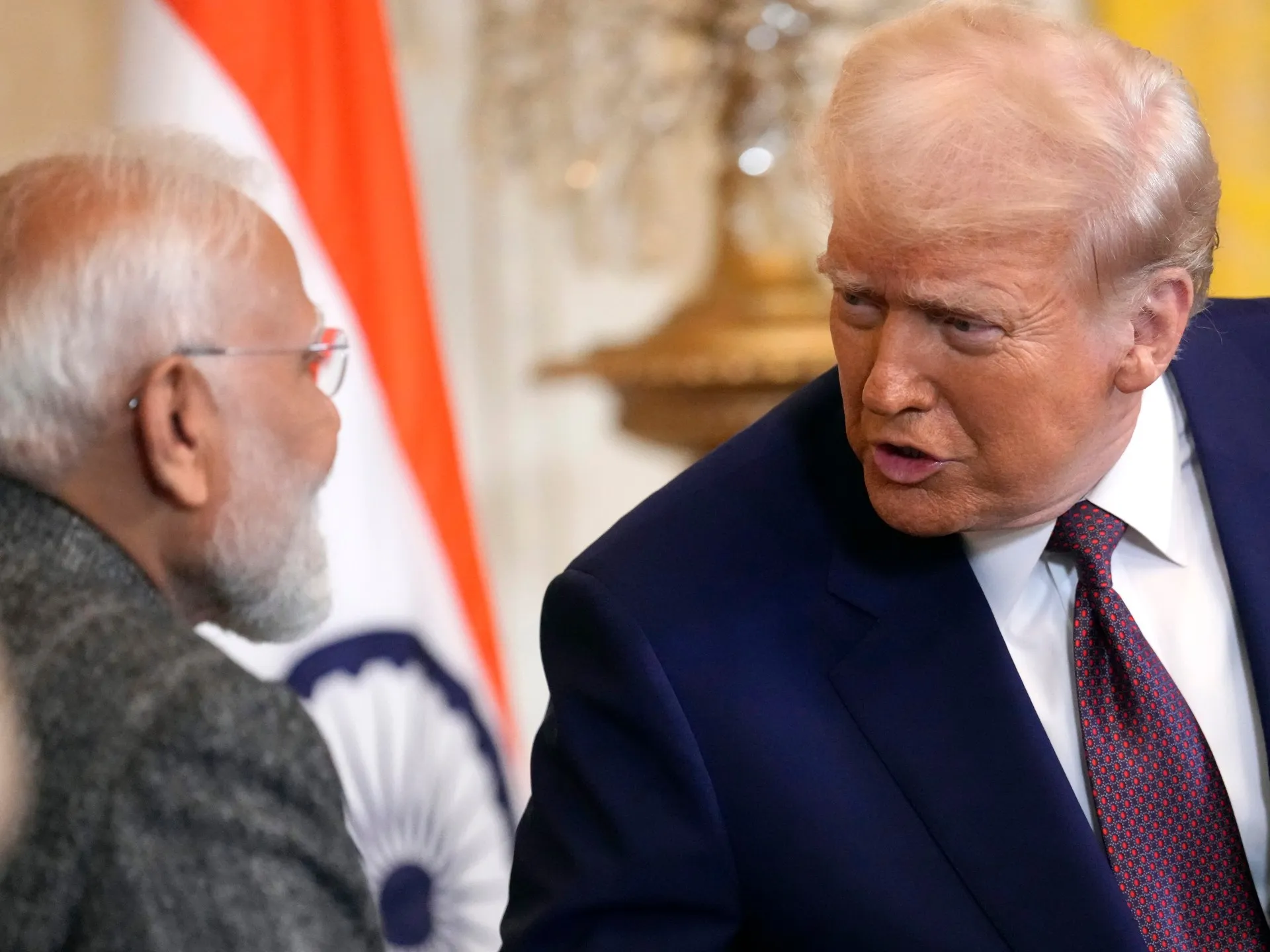
Trump’s Tariff Strategy and India’s Role
US President Donald Trump has escalated trade measures against India, imposing a 25% tariff on all Indian goods and an additional 25% penalty for its continued purchase of Russian oil, bringing the total tariff rate to 50%. This move, announced earlier in August 2025, aims to pressure Russia by targeting its largest oil buyers, with India being a significant purchaser. Trump justified the tariffs, stating that India’s oil imports from Russia, which account for approximately 35% of its total supply, indirectly fund Russia’s war efforts. On September 7, 2025, Trump signaled further sanctions, telling reporters, "Yes, I am…" when asked if he was prepared to directly punish Putin.
India, however, has defended its oil purchases, arguing that they are driven by economic necessity and market conditions, not political alignment. The Indian Ministry of External Affairs called the tariffs "unjustified and unreasonable," noting that halting Russian oil imports, which amount to around 2 million barrels per day, would disrupt its supply chain and drive up domestic fuel prices. Indian officials have also pointed out that other nations, including China and some European countries, continue to buy Russian energy without facing similar penalties, raising questions about the selective targeting of India.
Geopolitical Implications of the Tariffs
The imposition of tariffs on India has strained US-India relations, with experts warning that it could mark the lowest point since the 1998 US sanctions on India for nuclear tests. The tariffs, effective from August 27, 2025, are expected to impact $48.2 billion worth of Indian exports, including gems, textiles, and food, potentially causing a 20-30% drop in US orders. Indian officials have pledged subsidies to mitigate the economic fallout, but diversifying to new markets remains challenging. The move has also drawn criticism for its selective application, as China, the largest buyer of Russian oil, has faced no similar penalties.
Zelenskyy’s support for the tariffs aligns with his strategy to isolate Russia economically, but it risks complicating India’s delicate balancing act between maintaining ties with the US and its long-standing relationship with Russia, a key supplier of defense equipment and oil. India has argued that its oil purchases stabilized global prices during the early years of the Ukraine war, preventing a surge beyond the 2022 peak of $137 per barrel. Despite the tariffs, India has signaled no plans to halt Russian oil imports, citing national interests and energy security.
Global Reactions and Strategic Context
The Russia-Ukraine conflict, now in its fourth year, has intensified with Russia’s recent attacks, prompting varied responses from global leaders. Trump’s tariff strategy is part of a broader effort to pressure Russia, including a proposed summit with Putin and Zelenskyy to negotiate a ceasefire. However, these efforts have stalled, with Putin rejecting Western security guarantees for Ukraine. The US has also urged European nations to impose similar tariffs on India, but most have remained silent, highlighting inconsistencies in the application of sanctions.
India’s continued engagement with Russia, including Modi’s planned visit to Moscow later in 2025, underscores its strategic autonomy. The Kremlin has defended India’s right to choose its trading partners, with spokesman Dmitry Peskov calling attempts to force countries to sever ties with Russia "illegitimate." This geopolitical tug-of-war places India in a challenging position, balancing economic ties with Russia against deteriorating relations with the US.
Impact on Ukraine and Future Prospects
For Ukraine, the recent Russian assault has heightened the urgency of securing international support. Zelenskyy’s call for sanctions and tariffs is part of a broader strategy to weaken Russia’s economic resilience, which relies heavily on oil exports. The attack on Kyiv, which damaged critical infrastructure and claimed civilian lives, has galvanized Ukraine’s resolve to seek stronger measures from its allies. Prime Minister Yulia Svyrydenko confirmed the damage to the government building, praising rescuers for their efforts in extinguishing fires.
The US’s tariff policy, while supported by Zelenskyy, has sparked debate about its effectiveness. Critics argue that targeting India, a key US partner, could backfire by pushing it closer to Russia and China. Indian officials have noted that the US and EU also engage in trade with Russia, raising questions about fairness. As the conflict escalates, the international community faces a complex challenge in balancing economic sanctions with diplomatic relations, with Zelenskyy’s endorsement of tariffs adding a new dimension to the global response.
Comment / Reply From
No comments yet. Be the first to comment!

